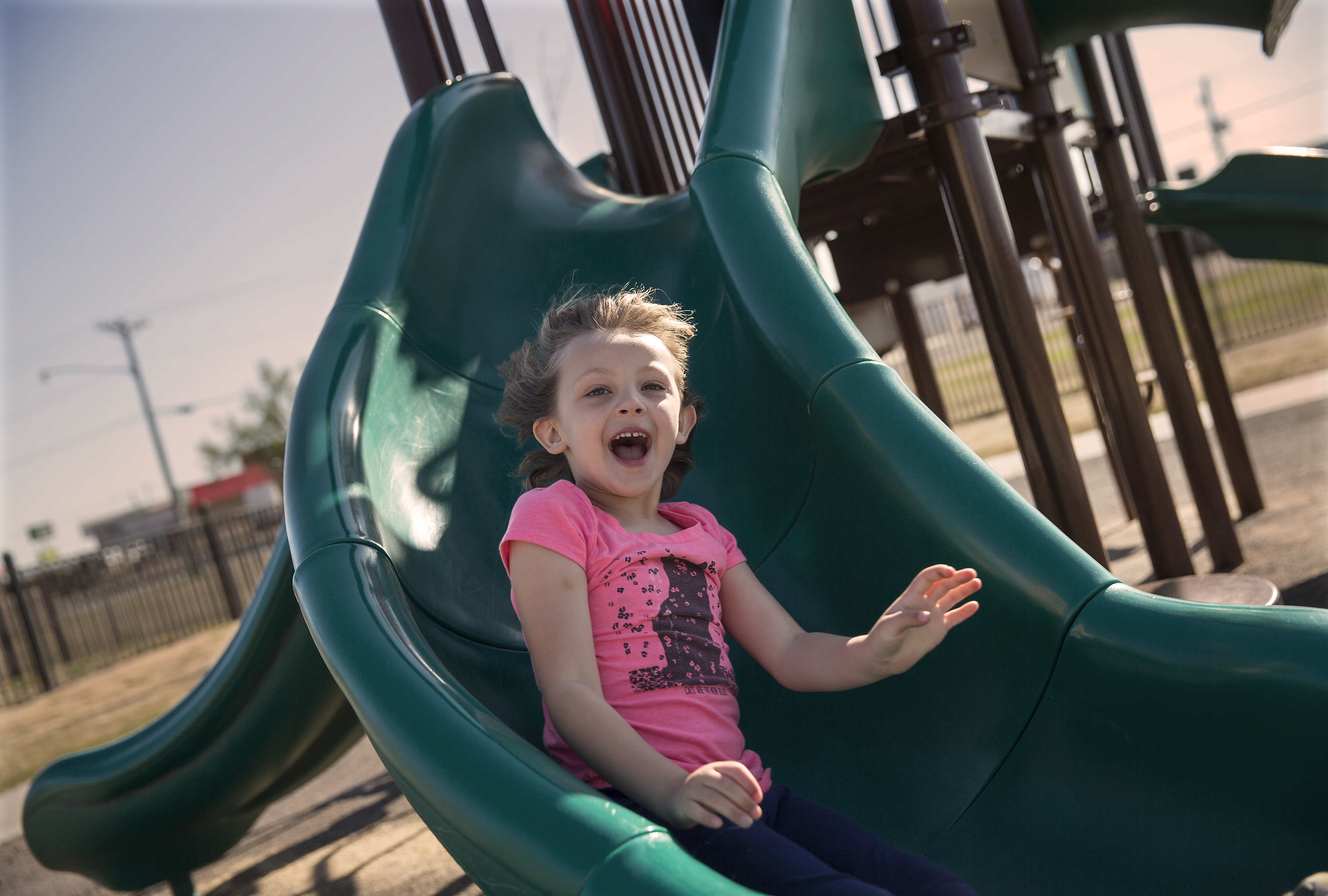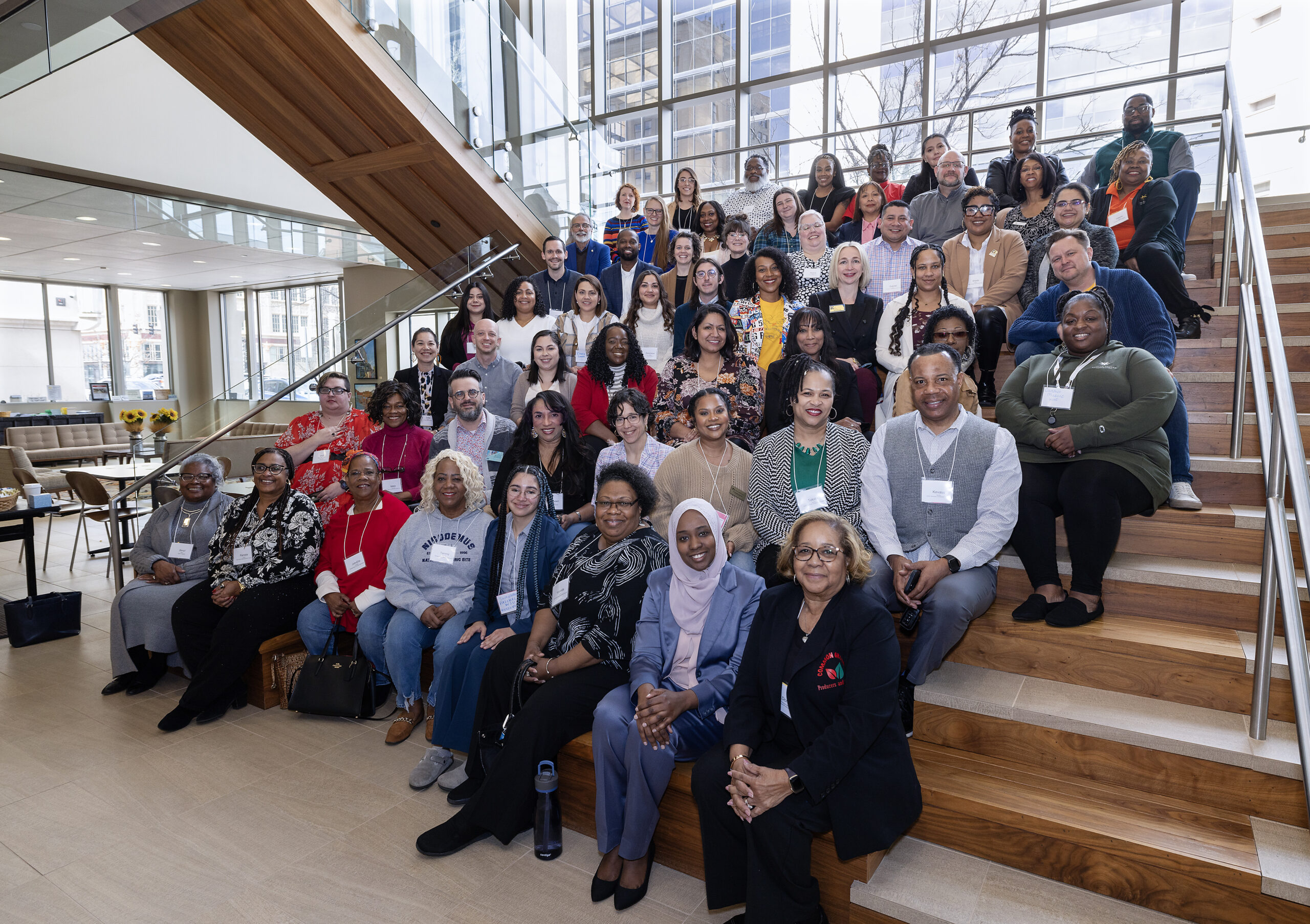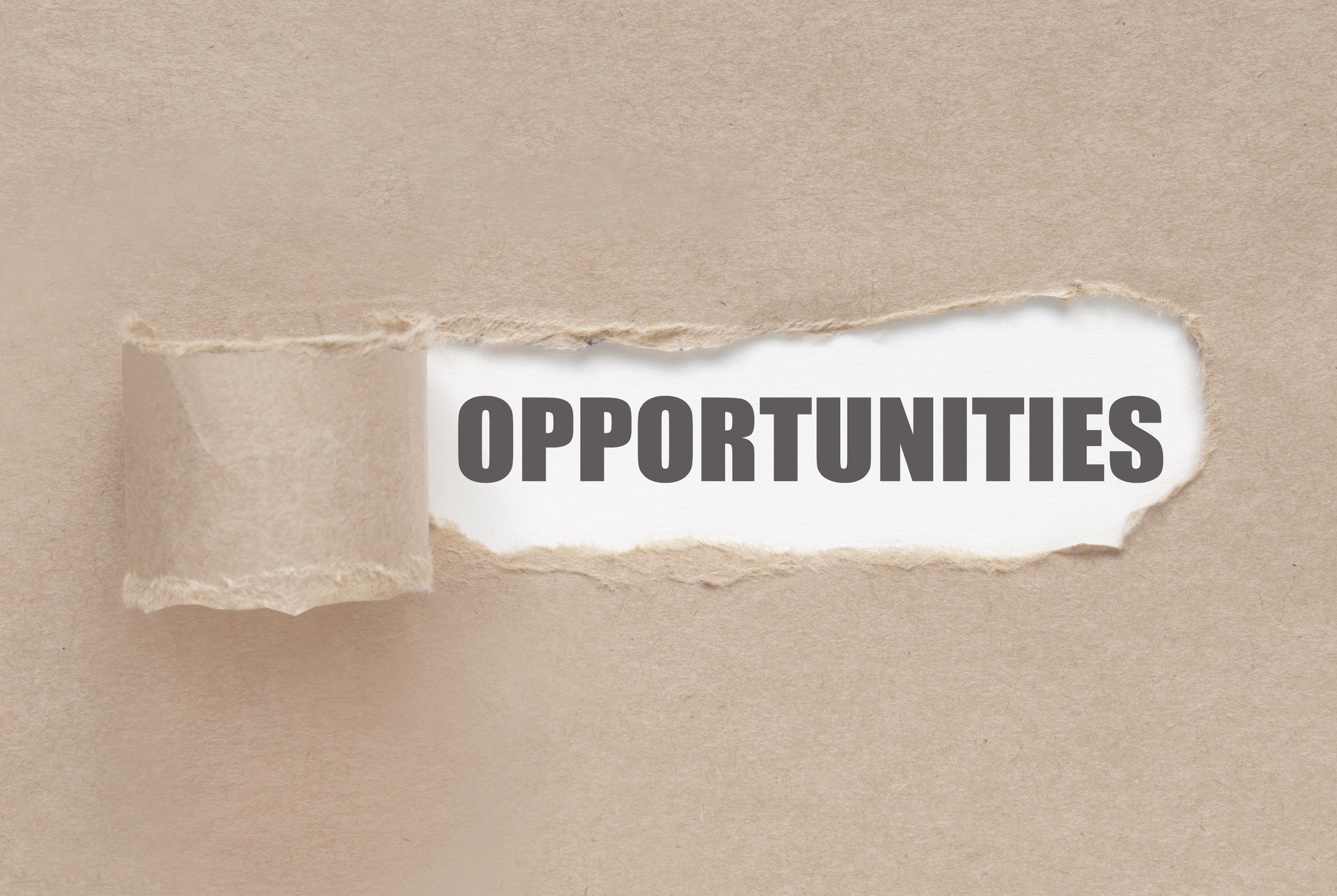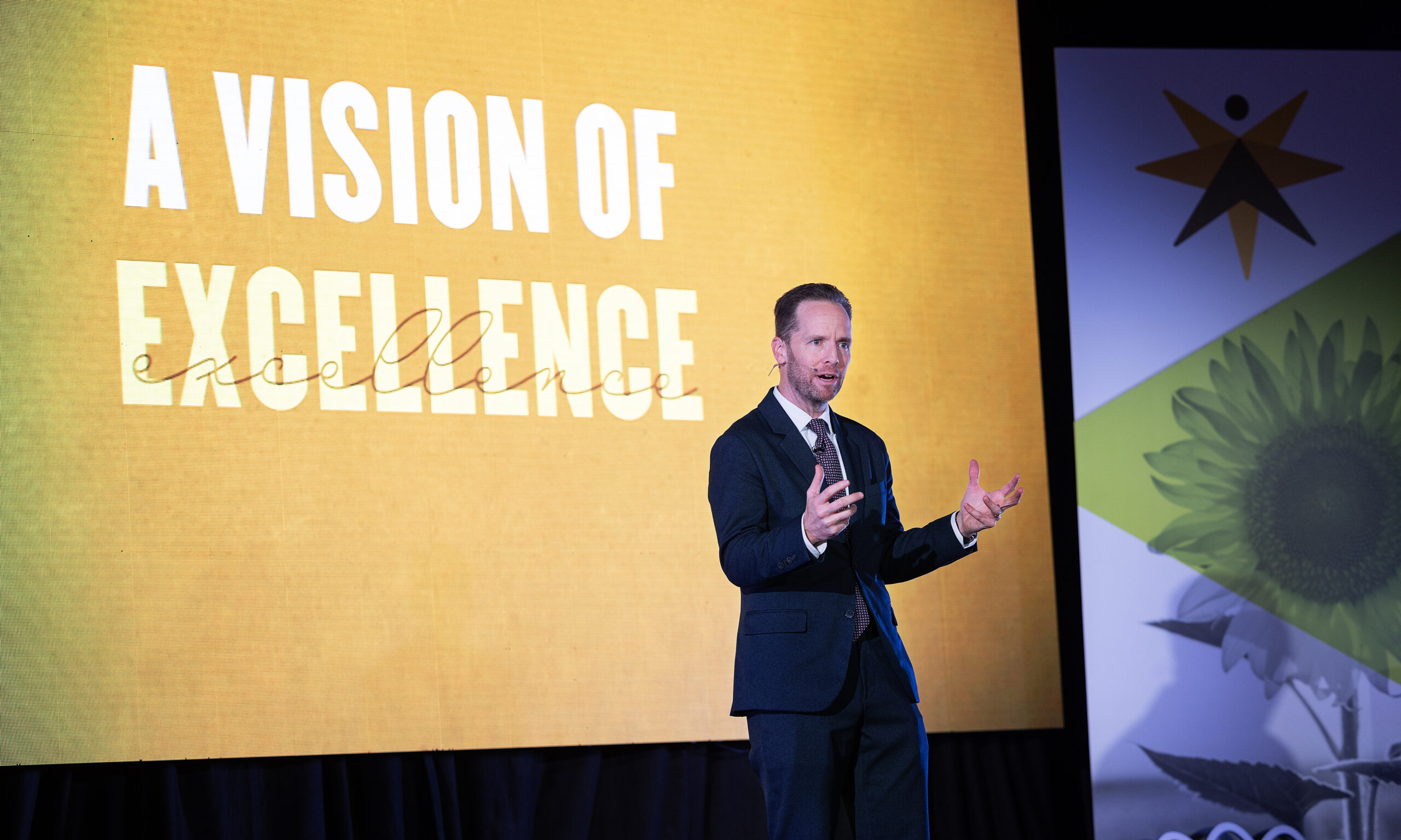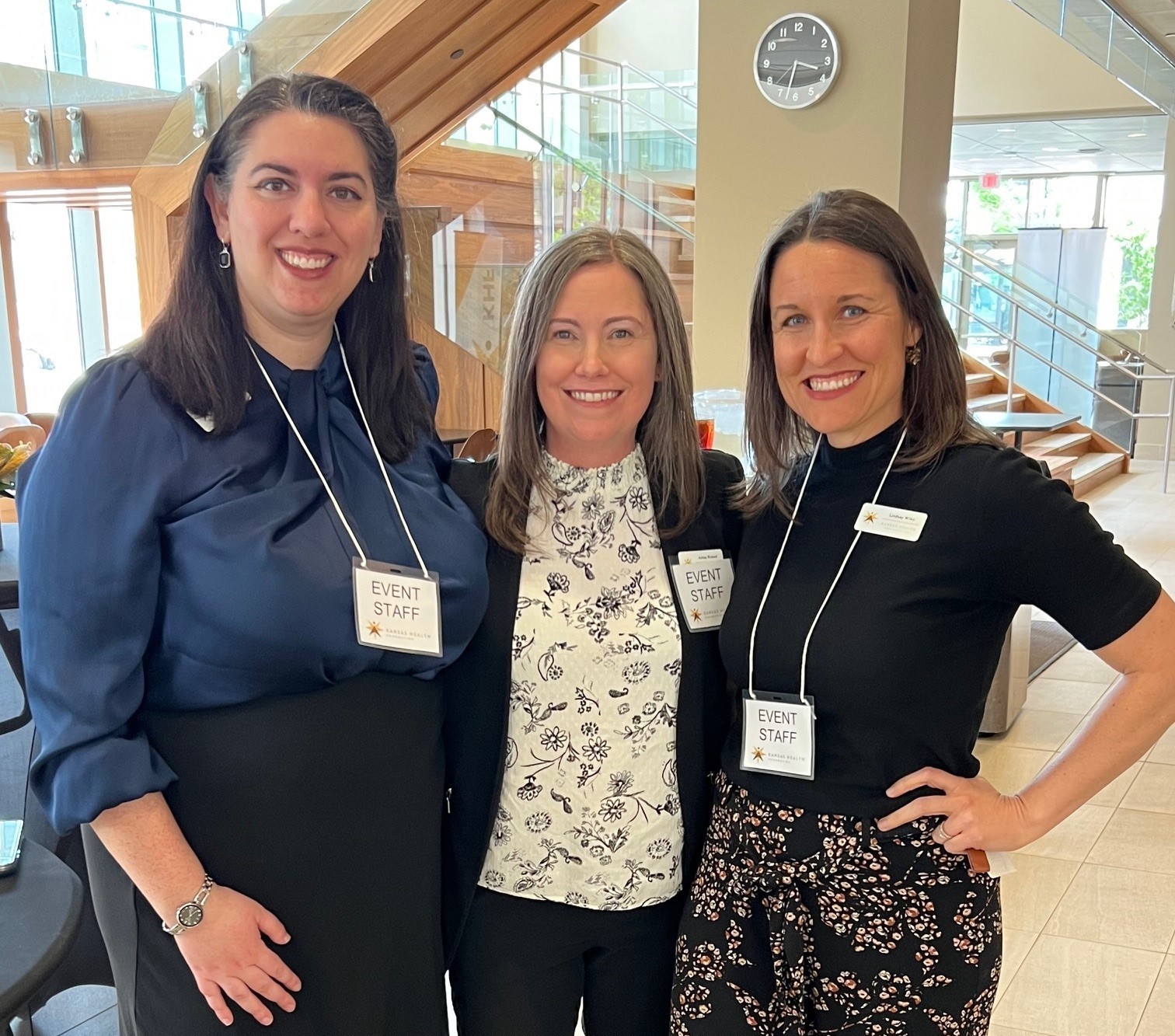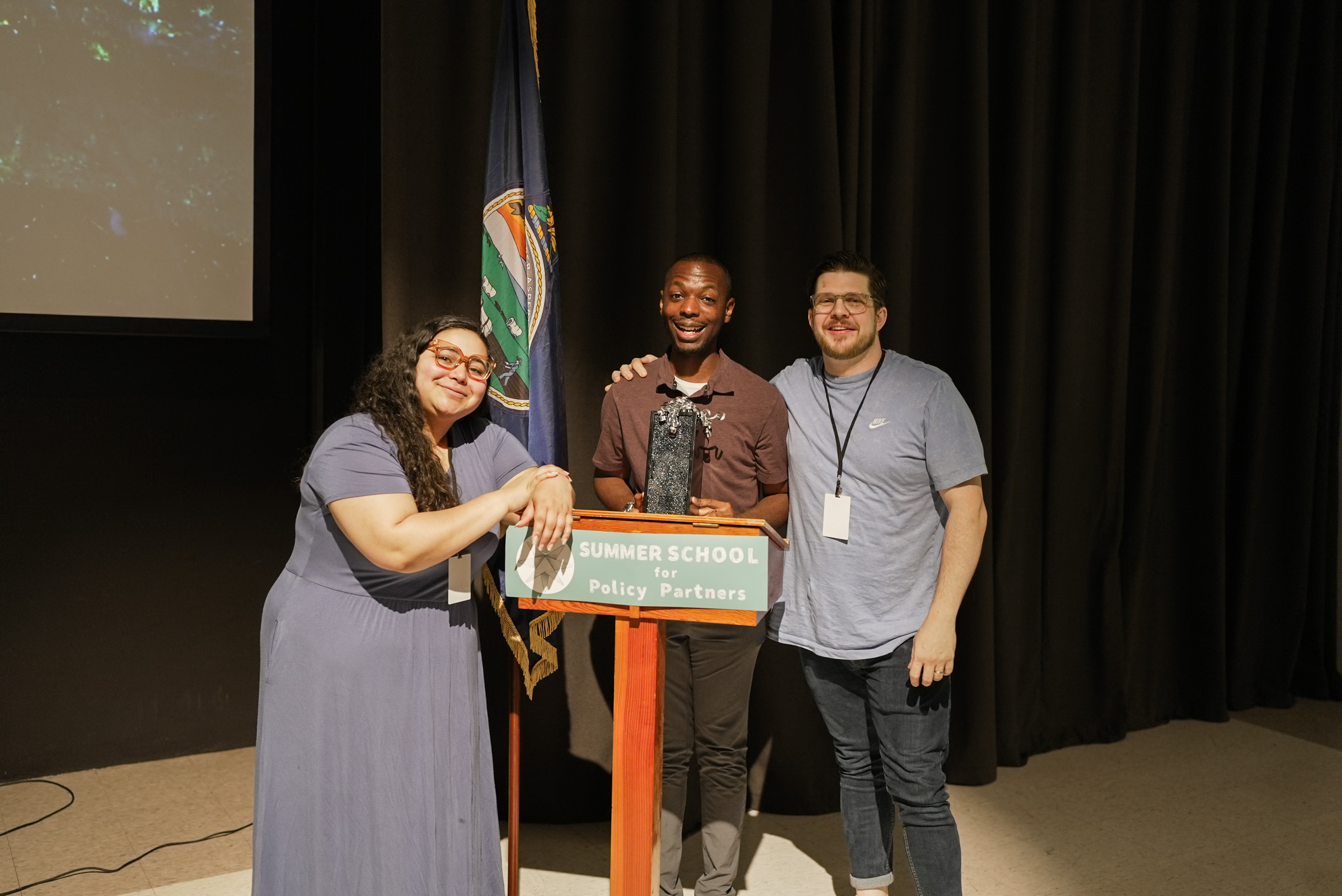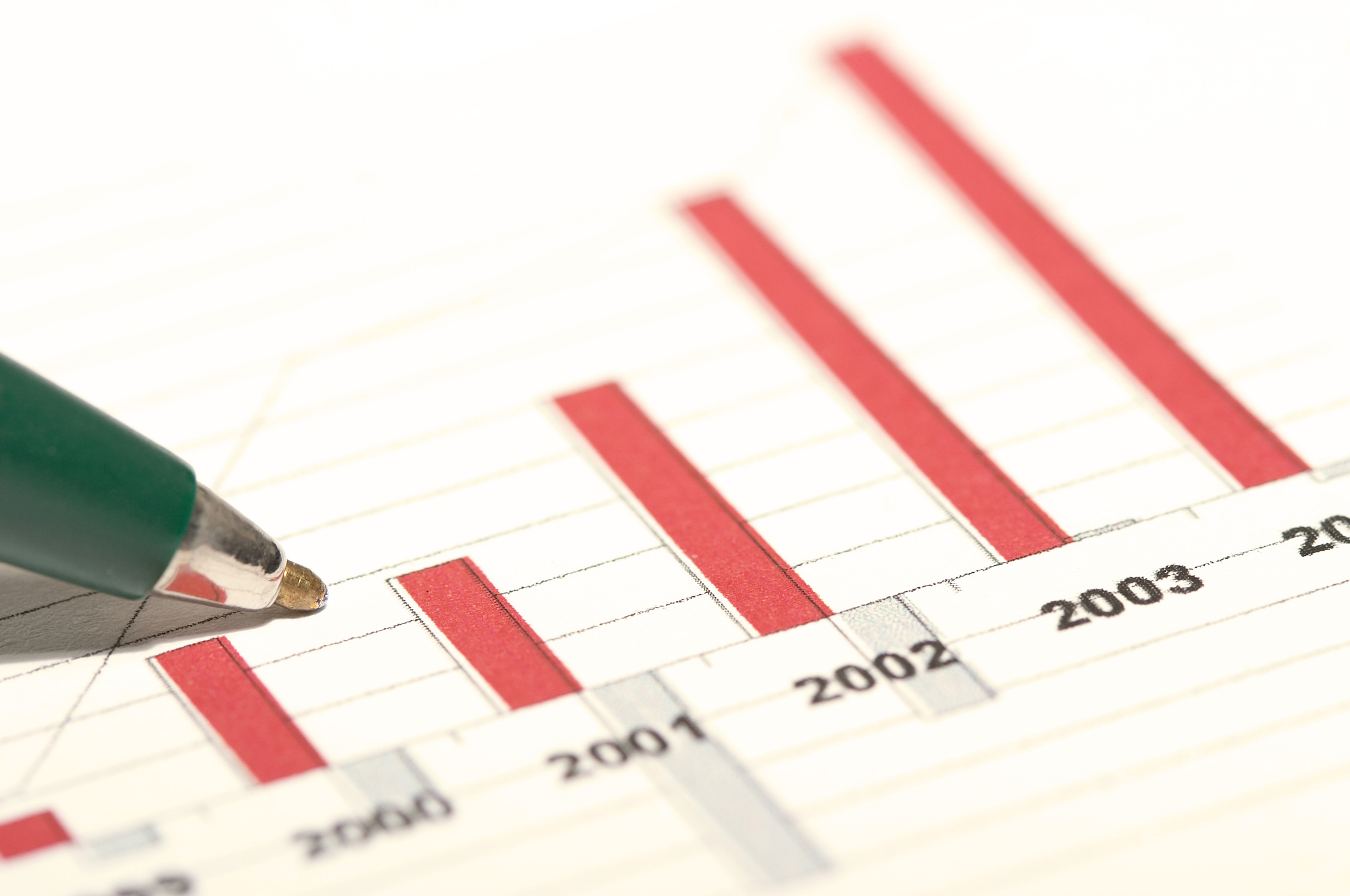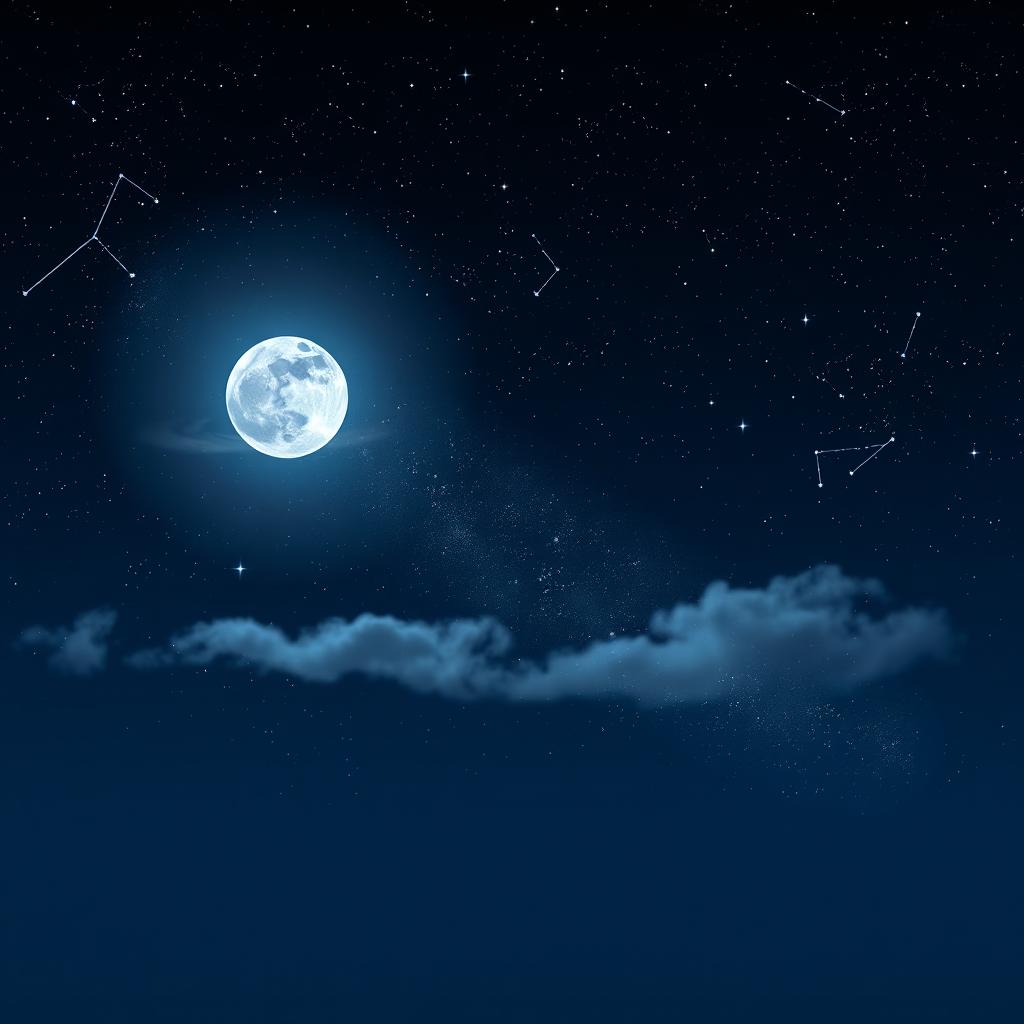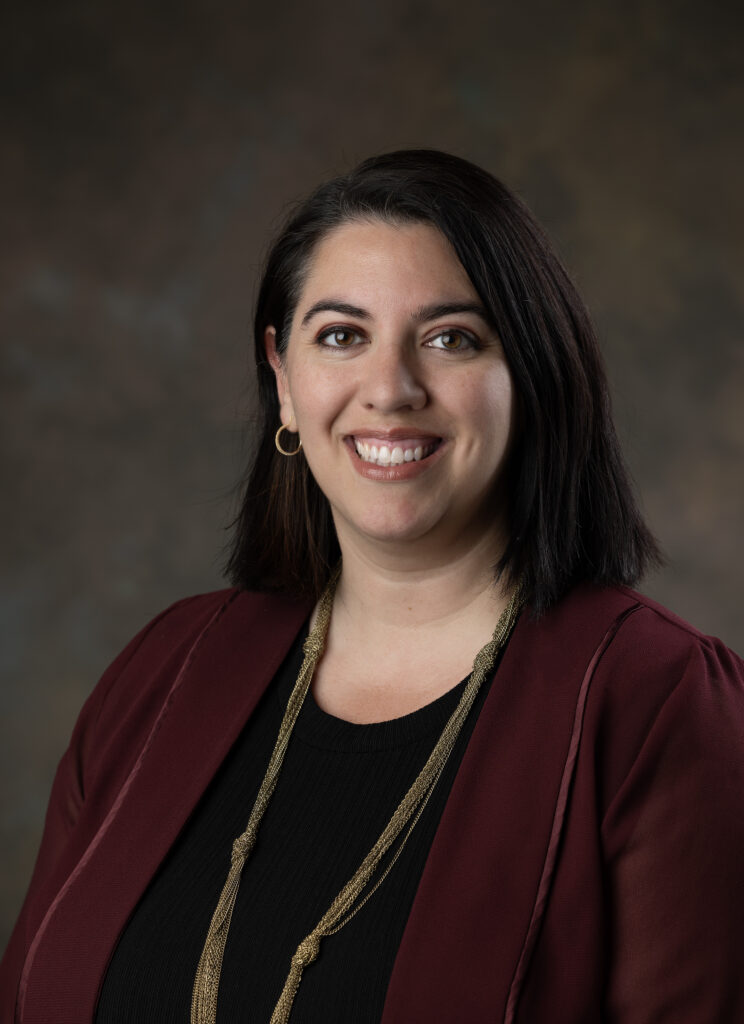Being afraid of the dark is an experience almost all of us have had. It might have been decades since we’ve felt it, but there is something primal about our fear when our most important sense – sight – isn’t able to give us input about the world around us. I can remember being afraid as a child, alone in my room at night.
And it’s also true that we typically don’t slow down until we can’t see the road properly anymore. We don’t pause to listen, to feel, or to look inside when the world our eyes see is so prominent. But this is the time of darkness…when there is so little light in a day that we can miss the sun entirely if we get to work early and leave the office after five. In the modern world we don’t need to notice this much. We can surround ourselves with electric light and the dazzle of handheld devices and avoid thinking about the nature of our reality or the reality of our nature.
Though we might not fear the dark as adults, I think it’s safe to say that many of us still don’t like it much. A fear of the dark is no longer attributable to the threat of wolves or other unseen predators, so we don’t have to worry about threats to our lives anymore. But it can be hard to actually shut off the visible ‘input’ and pay attention to other, subtler senses. And if we take darkness a step further and linger in a space without much or any sensory input…what might we begin to think of, if we are left to our own minds? Anyone who has ever suffered insomnia knows that when all the lights are out (and staring at the ceiling amounts to the same experience as staring at the backs of our eyelids) our thoughts can be predatory indeed. Often nowadays we are threatened – or at least, made uncomfortable – by our thoughts and spend a great deal of time busily avoiding them.
Ancient traditions around the winter solstice celebrated the return of the sun, and the fact that the days would begin to lengthen. But to me, that misses the point of darkness. If we will only confront ourselves when we are forced to, and we run out of situations in which we are forced to, then we are able to slide through life without introspection. This is a shame for anyone, but especially for those who are in the challenging business of trying to make our world a better place.
Just as focusing on the other senses enriches us and heightens our appreciation for the sounds, tastes, and aromas around us, allowing room for ‘no input’ allows us to examine all that is within ourselves. However, what we are is so much deeper and more complex than we at times expect. So, when we do accidentally confront ourselves during the hour when our phone screen is being repaired (no, I’m not speaking from recent personal experience!) we are overwhelmed, disappointed, confused, or frustrated.
Jesus spent 40 days in the desert. Buddha spent seven weeks under the tree. Going within is a critical step toward enlightenment, according to many faith traditions. In order to see more light, we first experience more darkness. In order to understand and perceive more about the world around us, we first must remove its many distracting colors. It isn’t about goodness and evil, it’s about sharp-edged awareness versus cozy obliviousness.
While we’re busy with the input around us; answering emails, having meetings, and making measurable goals…is our world getting better? At this time of darkness, I hope that all of us can pause for enough self-reflection to become uncomfortable with what we find within. We can only choose a different way if we first realize that we can create anew. Imagine we embarked on such a journey together.
###

